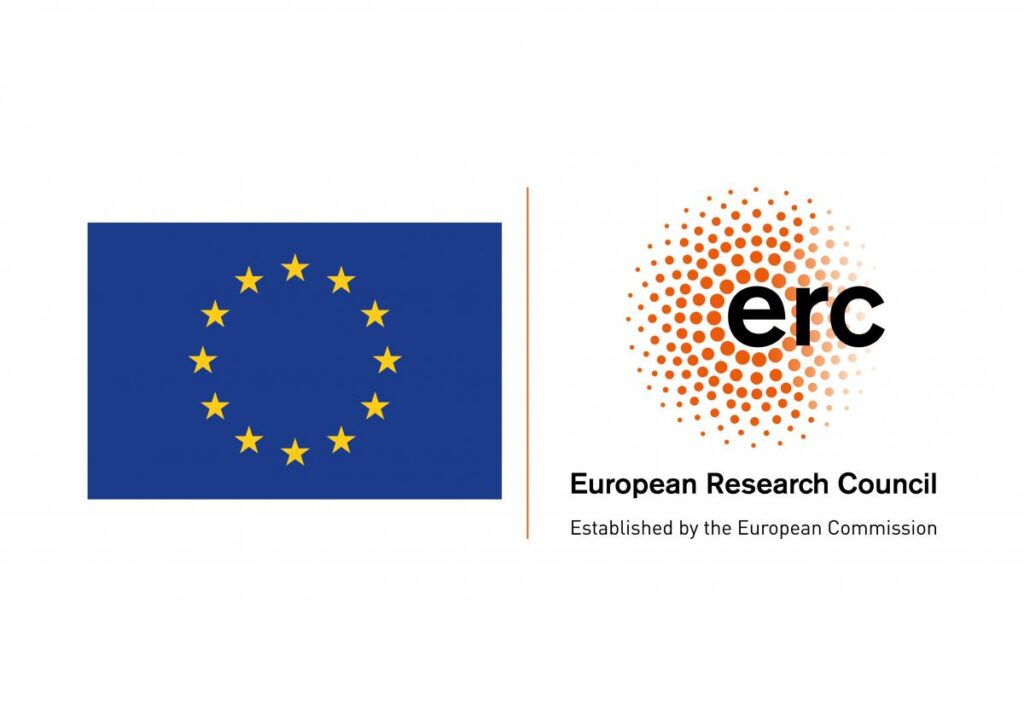The Caliphal Finances team participates in the upcoming SMM conference in Edinburgh
The eighth conference of the Society of the Medieval Medieval Mediterranean will take place in Edinburgh from June, 24 to June, 27.
The theme of the conference will be “Being Human: Rhythms, Actions, Inter-actions in the Medieval Méditerranean”. To know more about it, please visit their website: SMM 2024
Theresa Grabmaier (LMU Munich) and Georgi Obatnin (University of Edinburgh) have organized a panel entitled “Fiscal Flows and Social Bonds: Exploring the Taxation of Medieval Islamic Egypt.” This panel will be chaired by our PI, Marie Legendre, and two members of our team will present alongside Theresa. See below for the abstract and program details of the panel. Please join us on Tuesday, June 25th, at 9 AM!
“Fiscal Flows and Social Bonds: Exploring the Taxation of Medieval Islamic Egypt.”
This panel explores the multifaceted effects of taxation on the quotidian lives of people in medieval Islamic Egypt. Fiscal transactions concern people in all layers of society, from the officials in the province (and empire’s) capital down to taxpayers in the villages. Sources provide a variety of perspectives: narrative sources show power dynamics with the centre and the tax system in theory, while a vast number of documentary sources on payment show how people did (or didn’t) pay taxes, borrowed money from each other, or even joined together for paying taxes. This panel aims to give a glimpse into people’s daily interactions within the fiscal system, with money and monetary production, as well as interpersonal interactions as seen in tax registers. As money is an integral part of daily human life, the presentations of this session paint an overall picture of the social aspects of taxation and monetization in medieval Islamic Egypt. It contributes to the recently ongoing research on linking narrative and documentary sources on taxation and monetization and therefore strengthens the perspective from below.
Noëmie Lucas: Agents of Fiscal Flow: Unveiling the Roles and Interactions in Tax Transfers within the Abbasid Empire (750-909)
The question of transferring tax revenues from Egypt to the ‘centre’ of the Abbasid empire constitutes a research inquiry posed by the ERC Caliphal Finances project. This inquiry aims to confirm revenue centralization, explore its effectiveness, and document the mechanisms at play. It delves into the pace of these transfers, practical modalities (such as routes and means), and, notably, the actors involved in these transactions. Focusing specifically on these actors, this presentation will illuminate the roles of those responsible for initiating the transfers and those tasked with revenue retrieval. The objective is to explore the imperial-scale interactions surrounding tax transfers, shedding light on the regional dynamics with the capital as gleaned from narrative sources.
Georgi Obatnin: People and Money in Medieval Islamic Egypt
Payment (or lack thereof) is among the most recorded human interactions. This presentation will look at the act of payment in pre-Fatimid Islamic Egypt—its rules and regulations as well as how it appears in the documentary record from the period. I will discuss the monetary
system of the region and how money was used both for payment of taxes and for other everyday needs, where it was paid, sent, borrowed, or lost daily. I will also explore how changes in taxation policies and monetary production affected the nature of these interactions.
Theresa Grabmaier: Those who pay Taxes together, stick together: Neighbourhood in Medieval Fayyūmī Villages according to two Tax Ledgers
Tax ledgers from two Fayyūmī villages shed light on neighbourhood and social interactions within and between villages in Medieval Islamic Egypt. These ledgers comprising over 400 people who pay several different taxes show that villagers could pay taxes for themselves, together, or on behalf of each other.
Pulling information on the direct neighbourhood from the entries of the ledgers shows the physical closeness of estates while grouping people in joint payments suggests personal closeness.
These interactions lead us not only into the daily lives of villagers and their neighbourly relationships. Furthermore, these documents paint a professional profile of the two villages. Indeed, the ledgers show that this community of farmers also worked as bakers, shepherds, cuppers, boatmen, fishermen, and others, which gives us a wide range of professions in these villages.




Leave a Reply